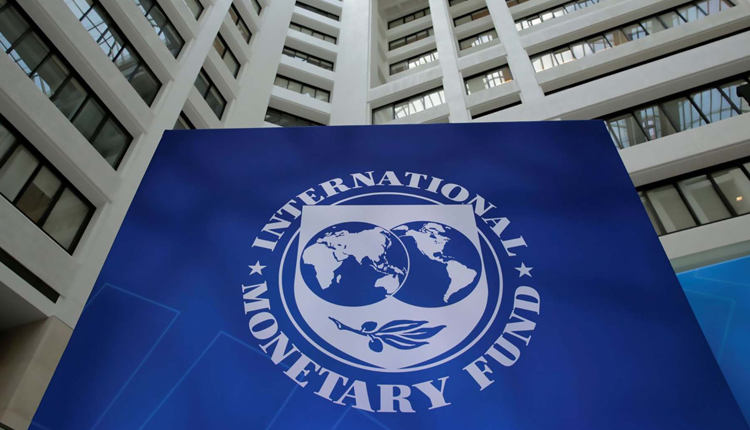Unpaid work hits 35% of Egypt’s GPD, but still not included in economic calculations: IMF
Unpaid work, such as caring for children, the elderly, and household chores represents a significant share of economic activity but is not counted as part of the GDP, according to a work paper released on Wednesday by the International Monetary Fund (IMF).
The report said that women disproportionately shoulder the burden of unpaid work, at an average of two more hours of unpaid work per day than men, with large differences across countries.
While much unpaid care work is done entirely by choice, constraints imposed by cultural norms, labour market features or lack of public services, infrastructure, and family-friendly policies matter, the report said. This undermines female labour force participation and lowers economy-wide productivity.
According the models that the paper was based on, the unpaid work accounts for roughly 35 percent of GDP on average in their sample, but it varies widely, ranging from 10 percent of GDP in Korea to 60 percent of GDP in Albania for example, and other models estimated the value of unpaid work to range from 10 percent to 39 percent of a country’s GDP.
“Unpaid work is a vital component of economic activity that goes unmeasured and is shouldered disproportionally by women. While gender imbalances in unpaid work have declined in recent decades, they remain significant. Even in the most egalitarian countries in the world, women do at least 20 percent more unpaid work than men, with the vast majority of unpaid work comprised of domestic chores rather than care work,” the paper revealed.
The burden of female unpaid work declines as countries develop with engines of liberation and marketisation of the economy reducing the amount of unpaid work and allowing female labour force participation to rise, the report explained.
The paper also said that social institutions and values also matter for reducing and redistributing unpaid work.
“There are large gains to be reaped from reducing and redistributing unpaid work. Governments can help by investing in infrastructure and public services such as water, electricity, and security in developing countries and digital connectivity everywhere can help reduce unpaid work. Redistribution of unpaid work also requires investing in women’s human capital through education and healthcare, enshrining women’s rights in the law, implementing family-friendly policies such as parental leave and taxation of secondary earners, enhancing the efficiency of labor markets, and promoting flexible work arrangements,” reads the paper.
“Some countries can mainly benefit from policies that reduce women’s barriers to participating in paid employment. Gains are not distributed equally across countries and largely depend on the initial level of gender inequality in the total hours of unpaid work. Countries with the largest gender gaps in unpaid work can gain between three and five percent of additional output by removing these barriers,” the paper said.
It also proposed that governments can relieve the burden of unpaid work by investing in appropriate infrastructure and public services. In particular, investments in water, sanitation, electricity, and transport are critical in developing countries to allow for the “engines of liberation” that enable women to spend less time doing very low productivity tasks, such as fetching water or performing other domestic household tasks.
“Investments in digital infrastructure to adopt access to internet can also reduce unpaid work. As even controlling for the level of economic development, women in countries with higher internet access spend significantly less time on unpaid work.12 Investments in digital infrastructure may become even more important in the future as the gig economy continues to expand,” the paper added.
Source: Ahram Online


